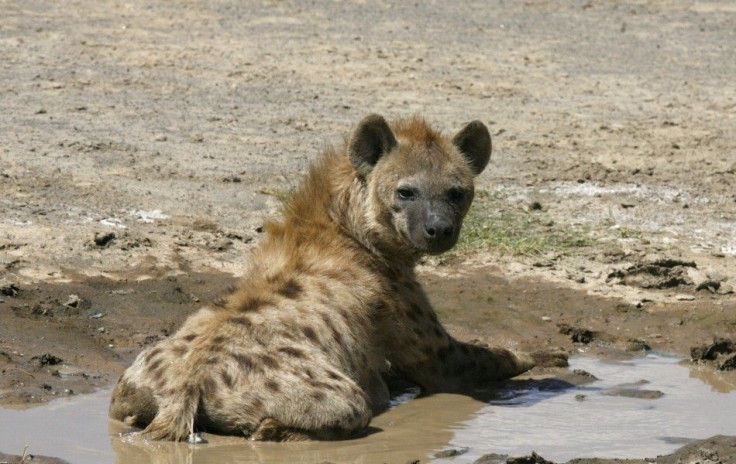9-Year-Old Loses Eye After Hyena Attack During Church Service, In Critical Condition
A 9-year-old boy was in critical condition after he was attacked by a hyena during a night church service in Zimbabwe.
The child was left with only one eye, and his nose, upper lip and both cheeks were severely injured, local media reports said.
The police identified the victim as Rodwell Ngomazana. According to the Herald, the victim studied in Grade 3 at Manyiri Primary School in Zaka and is battling for life at Parirenyatwa Hospital.
Authorities said the child was sleeping with other children when the hyena pounced on him. Ngomazana was severely mauled in the face after being dragged out, following which members of the congregation ran after the hyena, forcing it to drop the child.
The attack took place last Friday, but news about the incident circulated only Thursday. His mother, Charity Mabika, appealed to the public to help the family for assistance for further surgery and procedures. The child has already undergone one surgery at Parirenyatwa.
The family is seeking help for the boy's medical expenses so that doctors can save his life.
Last year in Zimbabwe, an elderly man was dragged away by a pack of hyenas while he was sleeping. The victim, 87-year-old Tendai Maseka, was mauled to death. Local media said at the time the wild animals dragged the man almost 1,000 feet from his hut in the rural region of Chirumanzu. Villagers later found the body of Maseka, with the lower half of his torso missing. "An elderly man who was killed by a pack of hyenas in Chirumanzu (87yrs) was staying alone. He was sleeping in a hut when the unfortunate incident happened. He was dragged for about 300m, with lower body missing. Drag marks and hyena tracks were visible," Tinashe Farawo, spokesman for the Zimbabwe Parks & Wildlife Management Authority, wrote on his Twitter at the time.
Park rangers said they were working to hunt the animals to “eliminate” them. "We are on the ground trying to track down the problem animals with a view to eliminating them. If we had enough resources we would have trans-located them from overpopulated areas to where there is less population," Farawo told CNN.






















